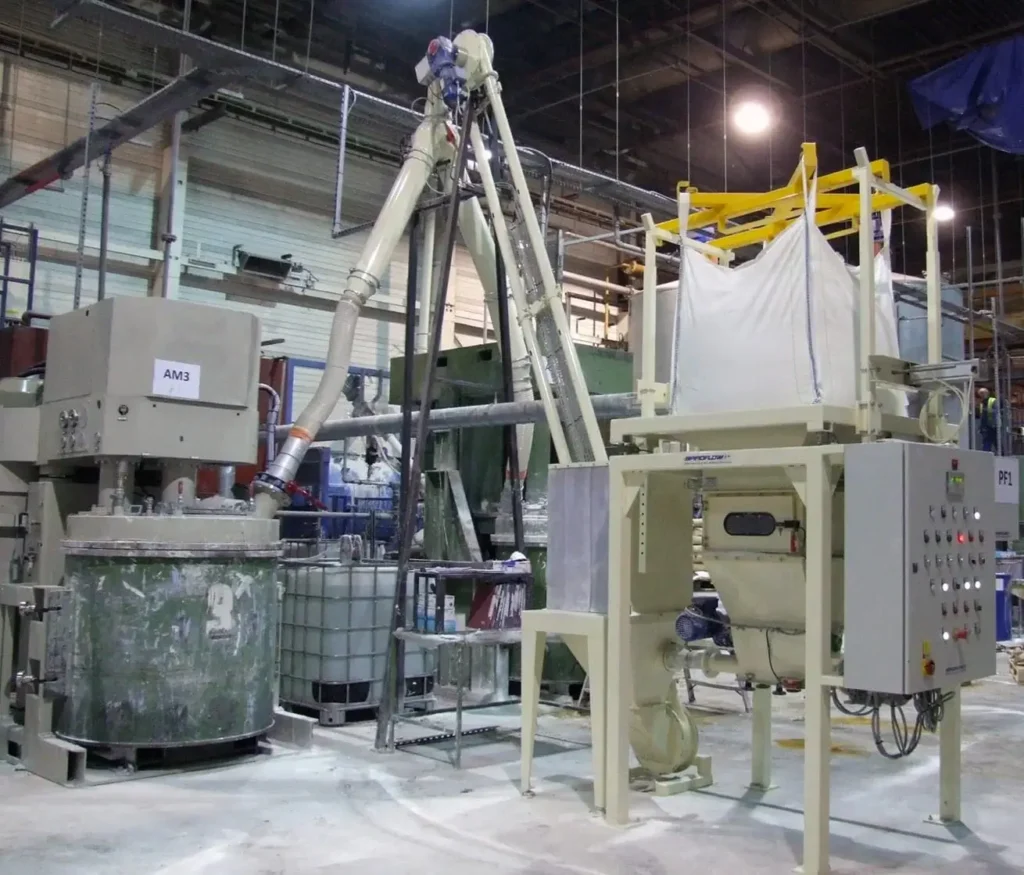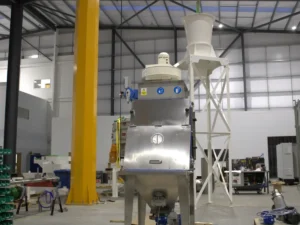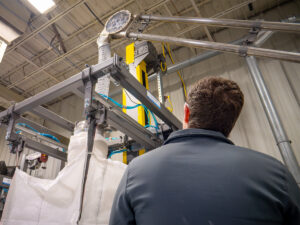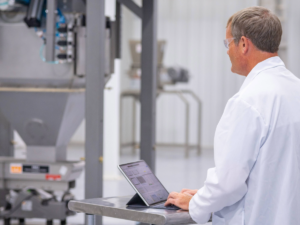Do you have a new process that requires a mechanical conveyor? A huge variety of conveying equipment is available from bulk solids handling equipment suppliers, and this can make the prospect of choosing the right conveyor for your application a bit daunting. A good place to start is to consider these basic selection factors:
Material Characteristics
Consider whether your material is dry or moist, extremely hot or cold, hygroscopic, abrasive, likely to segregate, or has other properties that limit which conveying methods can reliably handle it.
Required Function & Performance
Will your conveyor require multiple inlets or outlets? Must it elevate material or move it through multiple planes? Must the conveyor provide a variable conveying rate? Will it need to provide gentle handling? Must the conveyor be enclosed to contain dust or prevent material contamination? Will it require a dust collection system?
Operating Features
Can the conveyor handle your required conveying distance? Can it handle your required conveying volume? Does the conveyor have high installation costs? Can it be installed in your existing operation?
Service Life
What is the projected duration of the operation or process this conveyor will serve? Some conveyors are light-duty units suitable for intermittent or short-term operation, while others are heavy-duty machines designed for continuous long-term operation. Consider what service life your conveyor must provide to ensure that it can handle your application.
Long-term Energy Requirements
Consider how the conveyor’s energy use will affect its operating costs over the long term.
The Supplier
When you’re selecting a conveyor, it’s best to work with a supplier who offers several conveyor types. Such a supplier has the experience to satisfy your conveying performance needs and to ensure that the conveyor you select will withstand your process’s duty level throughout the life of the process. This supplier can offer selection advice based on which unit can successfully handle your material and also provide the best combination of low purchase price, low operating cost, and high efficiency.
Material Testing
Ideally, the supplier will also have a test lab with conveyors of various types to help you determine which one can best handle your material and operating conditions. Ask the supplier for references to check whether previous customers with applications like yours are satisfied with the conveyors they have purchased.
Performance Guarantee
Finally, make sure that your supplier provides assurances that the conveyor will successfully transfer your material and perform reliably and cost-effectively for the long run. Spiroflow, of course, guarantees all equipment solutions that have been tested in our test lab.






